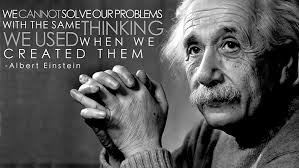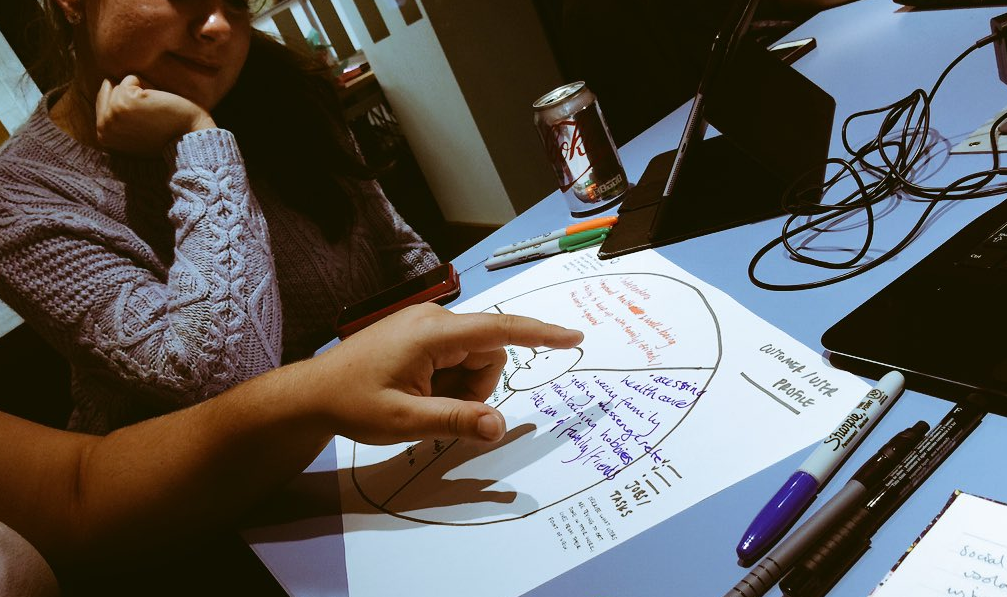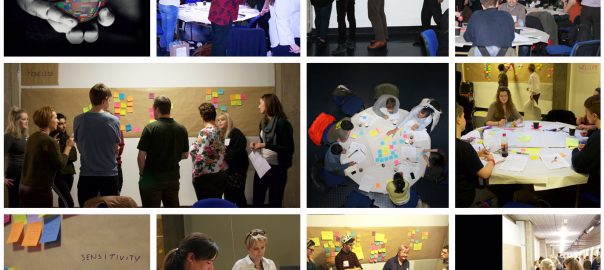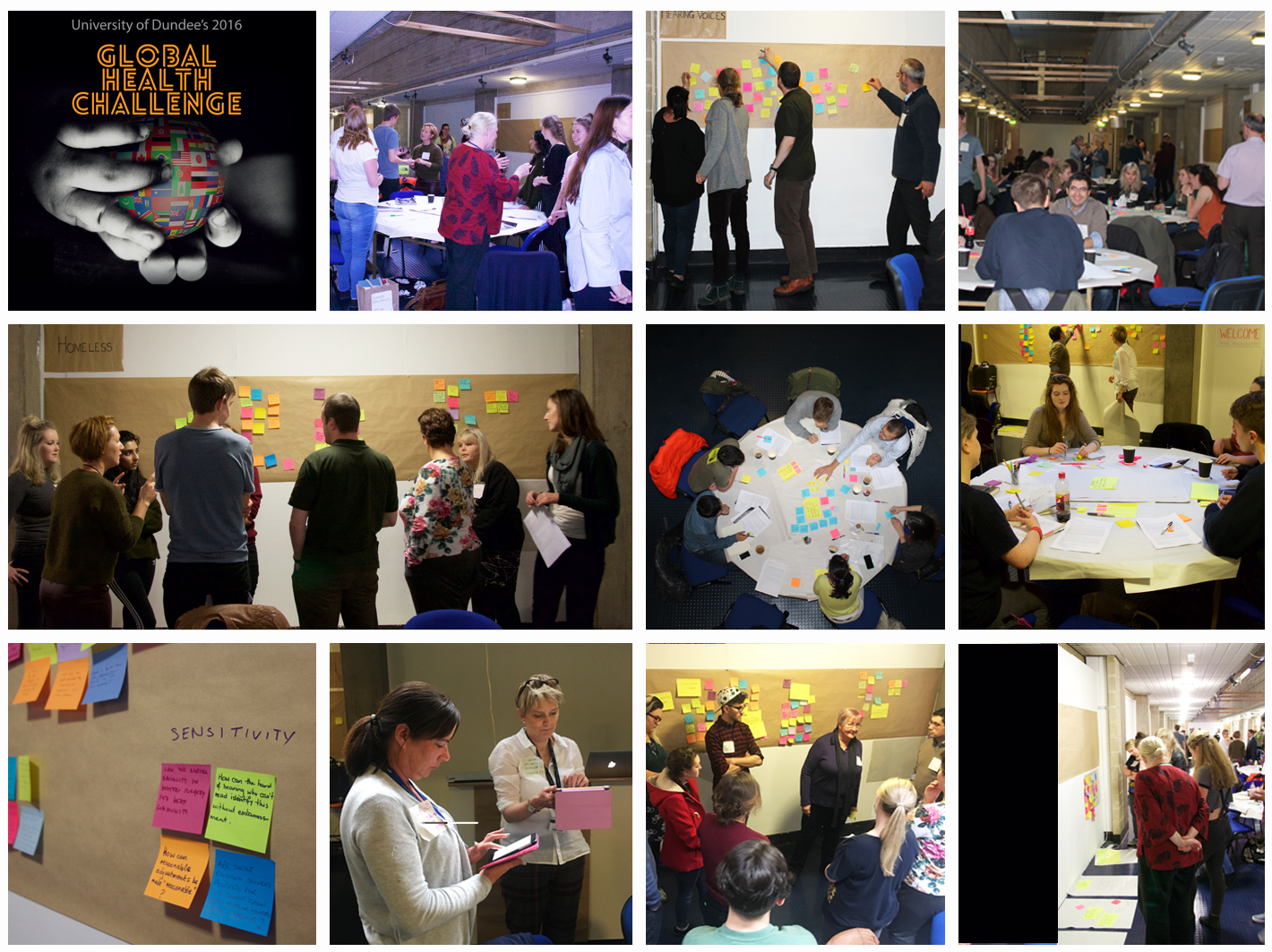

The pressing global health challenges we face today demand that we think differently, and the University of Dundee’s Global Health Challenge initiative is fuelled by this exigency, this need. Indeed, it’s one of the reasons why a process of knowledge exchange – through ambitious interdisciplinary workings – is adopted as the means of exploring new routes to meaningful innovation.
The project culminates in a series of Pecha Kucha presentations given by each of the teams, showcasing their process and idea(s) for making a change and having an impact. The projects are judged against six criteria* and these criteria are to be addressed by each team within their final Pecha Kucha presentations:
- Social and Environmental Benefit
How does your design benefit society and/or the environment?
- Research and Insights
How did you investigate this issue? What were your key insights?
- Design Thinking
How did your research and insights inform your solution? How did you develop,
test, iterate and refine your concept? Demonstrate the journey you’ve been
through to the end result
- Commercial Awareness
Does your journey make sense from a financial point of view?
What is the competitive environment your solution would sit within?
- Execution
We are looking for a design that is pleasing and looks and feels well-resolve,
with consideration given to its sustainability
- Magic
We are looking for a bit of ‘magic’ – a surprising or lateral design solution
that delights

‘What is Pecha Kucha 20×20?’
PechaKucha 20×20 is a simple presentation format where you show 20 images, each for 20 seconds. The images advance automatically and you talk along to the images.
Powerpoint is advised as it is easy to set-up where the images advance automatically.
Preparation is key and rehearsals are necessary.
Further Information about Pecha Kucha and examples of them, can be found at: http://www.pechakucha.org/

*The Judging Criteria is guided and inspired by ambitious competitions and projects, and specifically we are adopting the RSA Design Briefs criteria.


